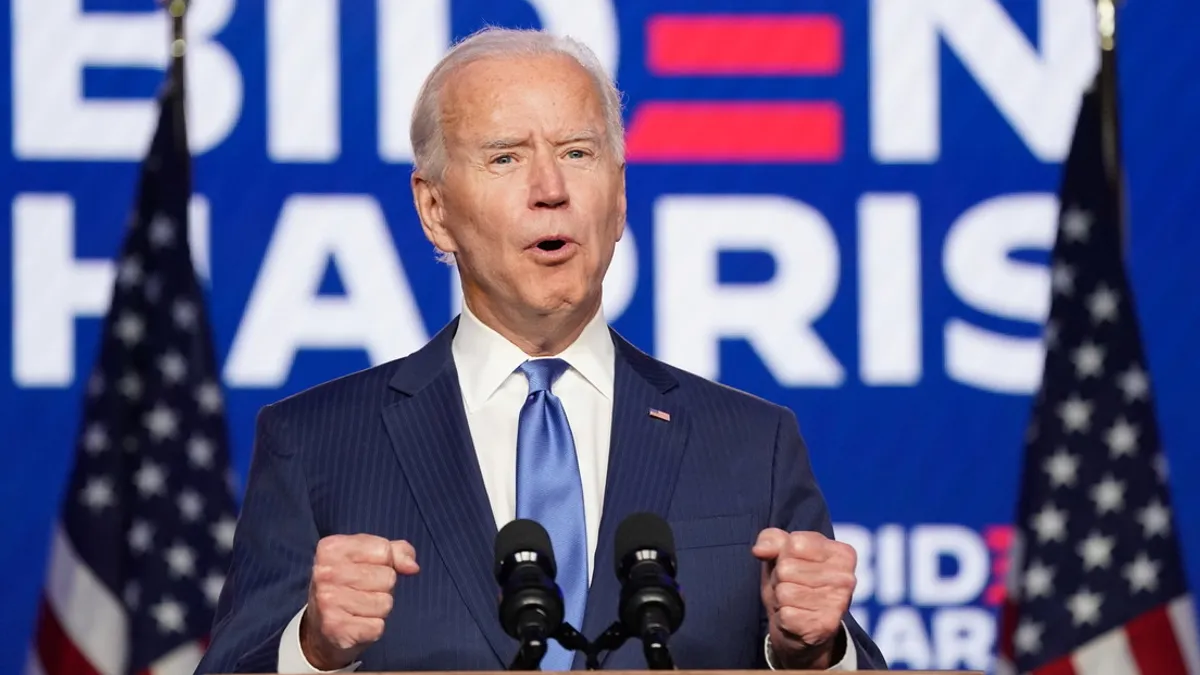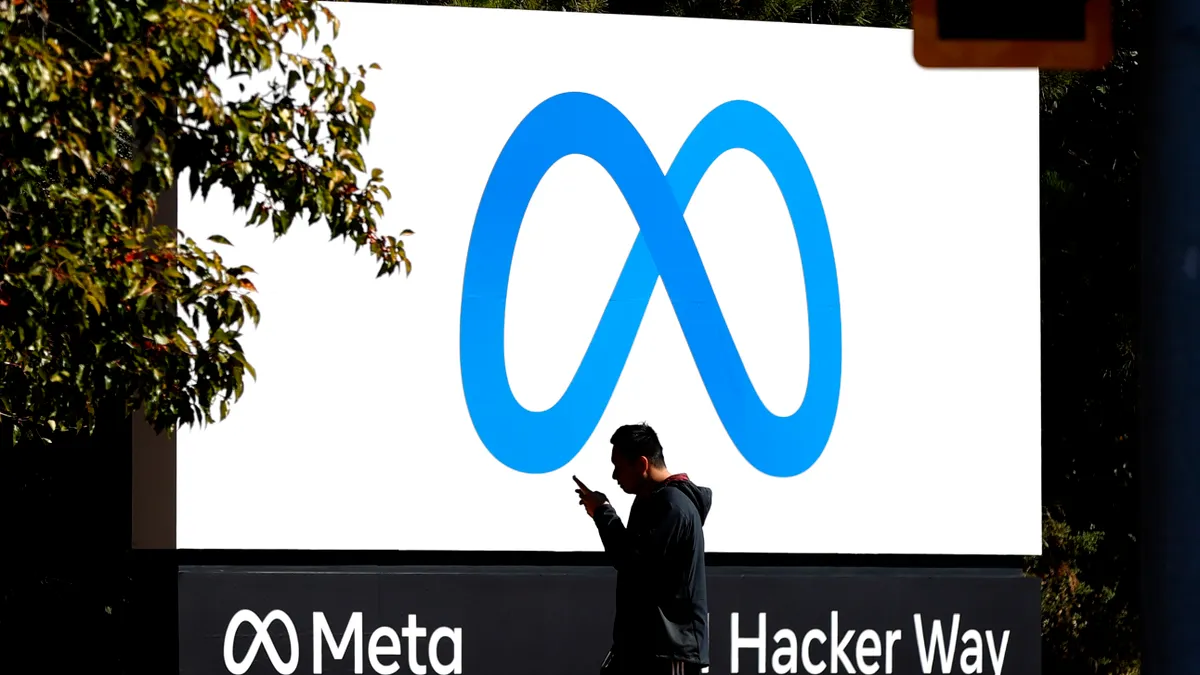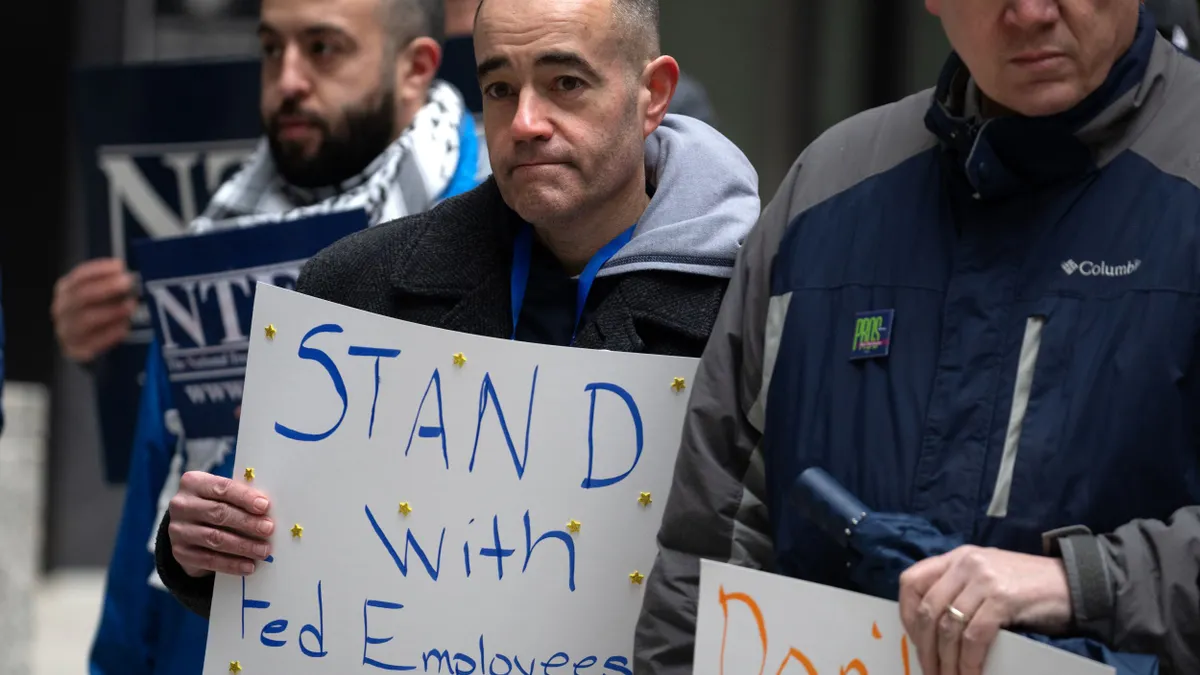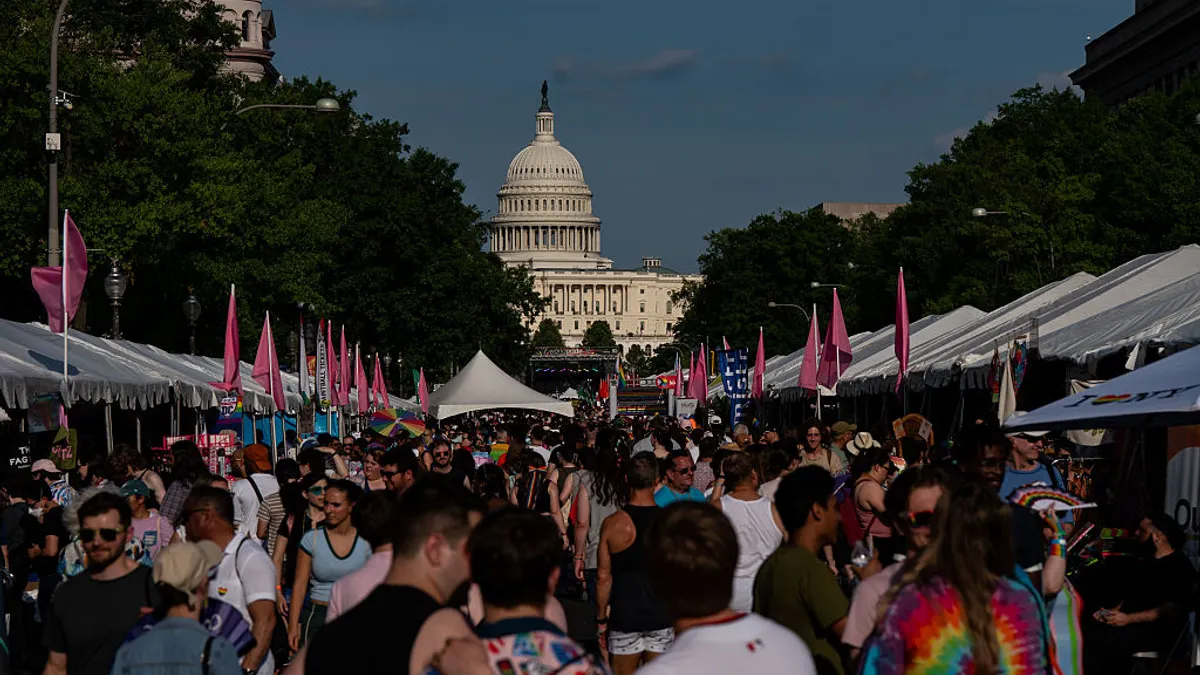Employers should expect the Biden administration to act on a series of employment law storylines, including those that have slowed in recent years, according to speakers participating in a Jan. 27 National Employment Law Institute (NELI) webinar.
So far, the president has issued executive orders on employment subjects including diversity training for federal agencies and contractors and anti-discrimination regulations, and the White House called for a "whole-of-government equity agenda" to tackle barriers to equity and social justice. While this objective is likely to involve contributions from many segments of the federal government, much of that work could fall on the U.S. Equal Employment Opportunity Commission (EEOC) specifically.
Former EEOC Commissioner and Acting Chair Victoria Lipnic said during the webinar that she predicts the agency, now under the leadership of Chair Charlotte Burrows, will refocus its pay data collection efforts. The agency remains paused on EEO-1 Component 2, which required companies to include pay data, segmented into 12 different pay bands, over a "snapshot" pay period. An analysis of employers' Component 2 data collection from the 2017 and 2018 fiscal years is slated to be completed by the end of this year.
"You can definitely expect a renewed emphasis on collecting pay data in conjunction with the [Office of Federal Contract Compliance Programs]," Lipnic said, noting that President Joe Biden has selected former EEOC Commissioner Jenny Yang — a key advocate for the EEOC's pay data collection — to head OFCCP.
Lipnic said employers also could see an emphasis on data collection beyond pay data reporting. That's because one of Biden's executive orders called for the establishment of an interagency working group on equitable data.
Meanwhile, EEOC is likely to re-examine certain processes and rulemakings carried over from the Trump administration, Lipnic said. Employers recently saw a glimpse of this when the commission ended two pilot programs that dealt with its conciliation and mediation process for discrimination charges. EEOC also may roll back its issuance of advisory opinion letters, a process it utilized under former Chair Janet Dhillon, Lipnic noted; "Burrows is not a big fan of issuing these."
In accordance with Biden's agenda on equality, EEOC also is likely to focus on cases involving alleged systemic racism and discrimination, Lipnic said, which may translate to a focus on cases that are nationwide in scope. "I would really make sure you're taking a look at your policies and procedures and the application of them on a nationwide basis, if you have multiple facilities across the country," she added.
Biden admin could be active on FMLA enforcement, paid leave
In a document published ahead of his inauguration, Biden said he would call on Congress to extend the emergency paid leave provisions of the Families First Coronavirus Response Act while eliminating exemptions the law provided for employers with more than 500 employees and those with fewer than 50 employees. That plan also would extend eligibility for the refundable tax credit employers may receive for providing the leave.
Congressional leaders are set to finish work on a COVID-19 relief proposal by the end of February, Axios reported. It's unclear to what extent the proposal will match the president's pre-inaugural document, but management-side counsel in the NELI webinar expect the administration to push for an expansion of paid leave regardless.
Given Democratic control of both houses of Congress, employers can expect renewed interest in passing a federal paid family leave law, said Tracy Billows, partner at Seyfarth Shaw. However, such a law likely would not preempt state and local laws with more generous leave provisions, she noted; "We're not predicting a federal plan will resolve this patchwork."
With respect to the Family and Medical Leave Act, the Biden administration is likely to increase enforcement of leave administration procedures via both on-site and virtual investigations, according to Ellen McLaughlin, also a partner at Seyfarth Shaw. While most FMLA audits are generally generated by a complaint, a Biden administration labor department may opt to perform more random audits, McLaughlin said, which typically involve larger employers.
Wage and hour law is likely to be lower on the list of priorities for the administration as it works through the pandemic, but a number of Trump-era rulemakings could be placed under review. The list includes a number of Fair Labor Standards Act (FLSA) provisions, such as the law's salary threshold for determining overtime eligibility, joint employer rule, independent contractor rule and tip credit rule, said Faegre Drinker attorneys Samantha Rollins, associate, and Ellen Boshkoff, partner.
In addition to pushing for legislation to increase the federal minimum wage to $15 per hour, the U.S. Department of Labor could also withdraw certain wage and hour opinion letters issued under the Trump administration, Boshkoff said. Employers can also expect increased scrutiny of overtime and related practices in industries such as food, manufacturing, restaurants and call centers — those in which regulators perceive wage and hour issues persist, she added.
A reversal at the NLRB
Similarly, the shift to a Democratic-led National Labor Relations Board could mean the reversal of a number of Trump administration decisions and rulemakings. The pandemic has already resulted in changes for employers on this front, with the rise of mail-in balloting for union elections and virtual bargaining, said Denise Keyser, partner at Ballard Spahr.
The Obama administration NLRB issued a number of decisions overturning prior precedent, and "not one of those benefitted management" said Steven Suflas, senior counsel at Ballard Spahr. "Expect a Biden board to overturn as much."
A long list of precedents set by the Trump administration labor board could shift: the use of company email systems to organize in Caesars Entertainment; the use of facially neutral policies requiring confidentiality during open workplace investigations in Apogee Retail; and the conducting of union-related activities by contractor employees on an employer's property in Bexar County, among other cases.
But Suflas said "there's not a chance" that the Biden NLRB will keep the board's independent contractor ruling in SuperShuttle DFW, Inc., with worker classification regs due to become "a major issue across the universe of employment agencies during the Biden administration."





















